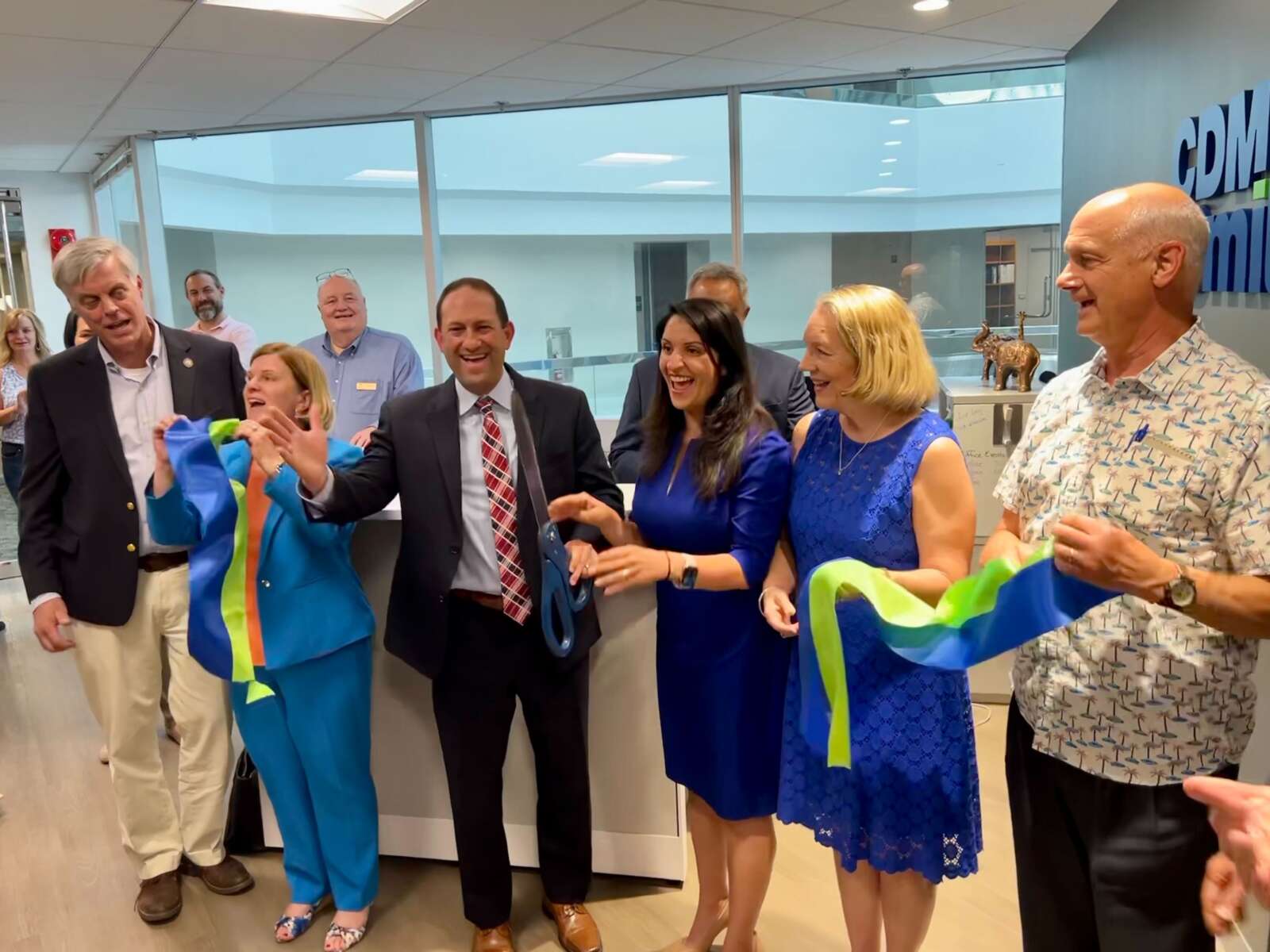
At a time when cities from D.C. to San Francisco are grappling with historically high vacancy rates, Fairfax City is feeling pretty good about the rising demand for its commercial space.
General commercial vacancy rates have dropped from 6.6% at the beginning of 2023 to 6% in the third quarter, Fairfax City Economic Development (FCED) — a partnership between the city’s economic development office and the Fairfax City Economic Development Authority (EDA) — reported last week.
The downward trend extends to both offices, where vacancies have gone from 9.8% to 9%, and retail, which has dropped from 2.8% to 2.3%, according to FCED.
Local economic development officials attribute the city’s relative success on this front to lower market-rate rents and “more right-sized opportunities” compared to larger markets. Office rental rates in the city currently average $24.8 per square foot, while retail space rents at an average of $30.7 per square foot.
“This data shows that Fairfax City is competitive and in demand,” FCED Director and President Christopher Bruno said in a statement. “As a city, we provide our residents and businesses excellent services and they want to be here. Northern Virginia, and Fairfax City, are the ideal locations to start, expand, and develop new companies.”
The declines reported by Fairfax City defy nationwide trends in commercial real estate. A recent report by the firm Colliers found that, as of the second quarter, 20.2% of commercial spaces in the U.S. were unoccupied, a rate that exceeds the previous record set during the 2008 recession, according to Business Insider.
In July, Fairfax County, which has the country’s second largest suburban office market, reported a 16.7% office vacancy rate — its highest in 10 years.
With the pandemic-fueled embrace of remote and hybrid work looking more like a long-term reality, despite some companies mandating office returns, many businesses have opted for smaller workspaces, while property owners try to entice tenants with renovations and added amenities.
Like other localities, Fairfax County has seen a surge in development projects seeking to convert or replace underutilized commercial space with housing, raising some concerns about how the shift will affect taxpayers and public services.
Fairfax City hasn’t seen as robust a push to turn offices into housing, receiving one inquiry about a potential conversion from an office building owner but no formal applications, according to Nicole Toulouse, FCED’s senior assistant director of business investment.
Toulouse, who’s also the senior vice president of the Fairfax City EDA, couldn’t permitted to publicly identify the building, since a proposal hasn’t been officially submitted. But she says it’s a “highly tenanted building” with a vacancy rate under 4%.
“To me this shows that is likely a general portfolio move by the owner and not based on the performance of the building,” Toulouse told FFXnow.
As part of its pandemic recovery efforts, FCED has established several initiatives aimed at filling the city’s commercial spaces, including a grant program for businesses that lease space in high-vacancy office buildings and a Technology Zone that gives tax incentives to tech businesses that sign a lease lasting five years or longer.
While not related to leasing, the city has also partnered with the Town of Vienna to develop a culinary workforce training program that will support local restaurants.
“We’ve long felt that Fairfax City is optimally positioned for the relocation and growth of businesses, particularly those looking to locate in the geographic center of Northern Virginia’s steady and innovative economy,” Fairfax City EDA Chair Beth Young said. “FCED’s programs create expanded opportunities for businesses who otherwise may look elsewhere.”

